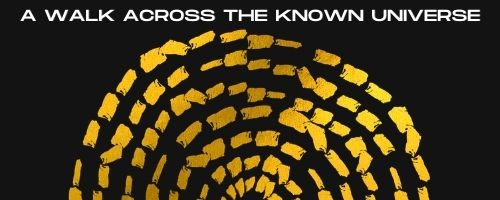Episode 19
Virgil's (Mis)Understanding Of The Harrowing Of Hell: INFERNO, Canto IV, Lines 46 - 84
Our pilgrim and Virgil begin to walk across Limbo, surely the largest surface in hell since its the uppermost ring. In fact, it's at first like a plain or maybe a large campo in a medieval Italian town.
Dante has got questions. And Virgil has got answers. Sometimes, the two match. And sometimes, one of Virgil's answers raises more questions than it solves. Mostly because Virgil has no clue about Christian theology. He is the strangest guide in this most Christian of poems.
Maybe we can hear a bit of elegy in Virgil's voice in Limbo. Is he "just" the allegory of reason? Maybe he's truly human, stuck in a place he never thought he'd be.
Here are the segments of this episode of WALKING WITH DANTE:
[01:34] My English translation of this passage from INFERNO: Canto IV, lines 46 - 84.
[04:29] Dante-the-pilgrim's insistence: "tell me, tell me, tell me." Dante wants to know if anyone has ever gotten out of Limbo. He says he wants to be certain in his faith. But why does this Christian figure need a classical poet to make him firm in his faith? Or is the question more personal? Is it more along the lines of this: Are you, Virgil, stuck here? And why then are you able to walk with me?
[08:34] Virgil's reply--and a recounting of Jesus' descent into hell and its harrowing. An intriguing passage: a bit of Christian doctrine as seen through the eyes (the eye-witness eyes!) of a classical poet. This may well be the most poignant section in Limbo. Virgil may well be putting the nail in the coffin to the idea that he will ever get out of hell, despite showing up in a dark wood and leading our pilgrim across a vast track of the known universe.
[13:36] A light that overcomes the darkness of hell? How's that possible? What's going on here? The ambivalence in the passage is becoming pronounced.
[17:01] And now the ambivalence goes off the rails: honored people, grace from and in heaven, the highest poet of all--and all this among the damned. Maybe Dante-the-poet is finding himself between a theological rock and an artistic hard place. Your faith tells you to condemn those scholars you value most. What do you do?


